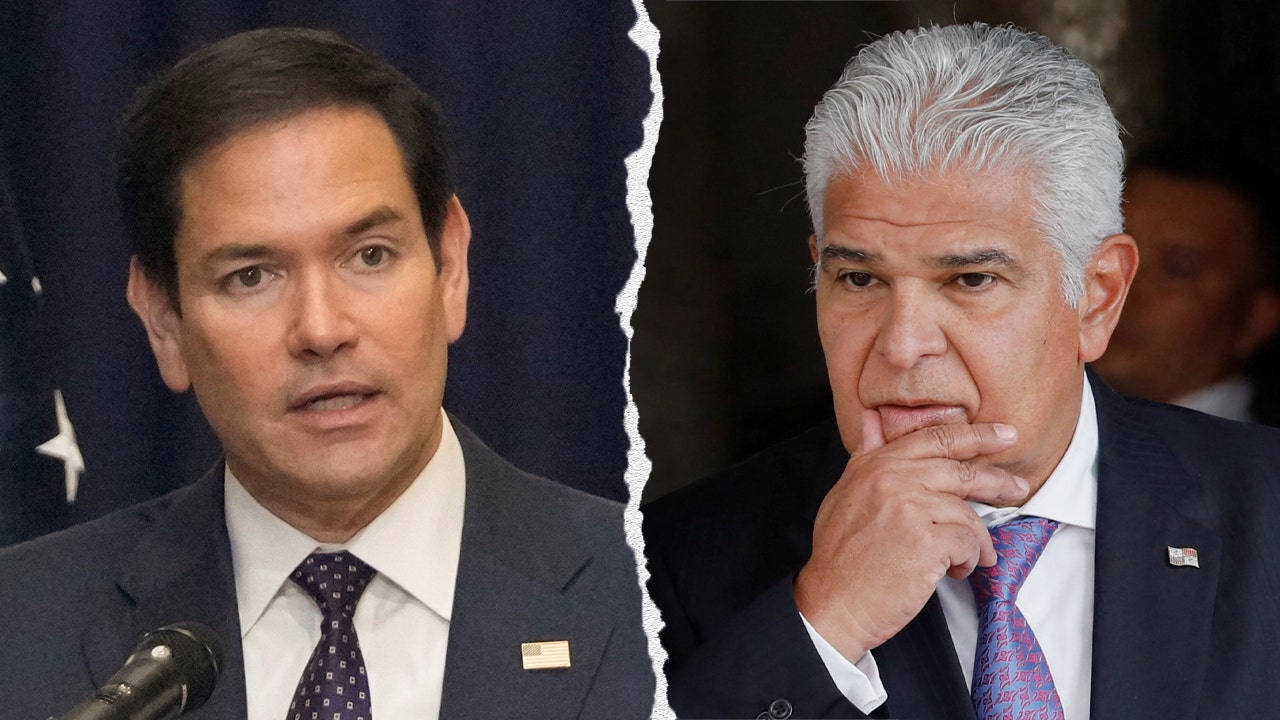The newly crowned Miss Japan 2024, statuesque in an embroidered column dress, sauntered center stage and said through tears that she finally felt accepted in a nation she’d called home since she was 5.
Karolina Shiino, a Ukraine-born model, won the Miss Japan title in January, a few months after she had been naturalized as a Japanese citizen. That made her the first foreign-born woman to wear a crown meant to signify the “foremost beauty of all Japanese women.”
The crowning of Ms. Shiino, 26, was the latest test of what it means to be Japanese, at a time when the country has record numbers of resident foreign nationals and faces a demographic crisis that will require businesses across the country to recruit more foreign workers in the future.
But this week, barely two weeks after Ms. Shiino’s victory, her reign came to an unceremonious end — not for questions of identity, but over an affair with a married man that had been splashed in the pages of a tabloid.
Here’s what happened.
A historic crown
Ms. Shiino, contestant No. 1 among a dozen finalists, was selected after a competition at a hotel in Tokyo that involved a strut in a sports bra and shorts, and a kimono round for which she wore a peach pink one with a chrysanthemum pattern and zori sandals.
When she won, she said it felt like an affirmation she had long sought.
“Even though I live as a Japanese person, due to racial barriers, I was not accepted on many occasions,” she said after her selection, in fluent Japanese. “But this time I was recognized as Japanese, and I am full with so much gratitude.”
The contest was established in 1950 as a way of selecting a good-will ambassador to thank the United States for postwar aid, including powdered milk. The organizers say they have adapted to evolving beauty standards in part by adding new criteria to assess a contestant’s cultural refinement and her “beauty of heart and soul.”
But diversity has entered the conversation only recently. Naturalized Japanese make up a tiny fraction of the population, with fewer than 1,000 people each year obtaining citizenship since 2017.
Divided reaction
Ms. Shiino’s crowning caused a stir that echoed the hubbub over another beauty queen almost a decade earlier: Ariana Miyamoto, a half-Black, half-Japanese woman who was chosen to represent Japan in the 2015 Miss Universe pageant. Even though Ms. Miyamoto was born and raised in Japan, some questioned whether the representative should have been someone with “a real Japanese face.”
Some of the reactions to Ms. Shiino also called into question whether she could represent Japanese beauty in a homogeneous society where pageants reinforce ideas of traditional femininity.
“I think she is very beautiful. But I understood that a ‘Miss Japan’ is a person who has a beauty that represents Japanese people. She doesn’t match this definition,” Mayumi Kurata, a cartoonist, wrote in a post on the social media site X. “Her beauty is not in a Japanese way.”
Others commented that the kimono didn’t appear to hang correctly on her figure or accused her of “pushing Japanese contestants out.” Some said that the naturalization did not actually make her Japanese.
“She holds a Japanese passport but it’s just on a document,” one commenter said on X.
Sudden downfall
Any conversation about Ms. Shiino’s Japanese identity was quickly overshadowed the following week when the tabloid Shukan Bunshun published a report saying that she had an affair with a married man with a child.
After initially denying the reports, Ms. Shiino this week posted a statement on her Instagram account apologizing to the man’s wife and family — the same account where, in September, she had posted a beaming selfie holding her brand-new Japanese passport.
“I take this case seriously and declined the title of Miss Japan grand prix,” she wrote. “I am truly sorry for causing big trouble and betraying everyone who supported me.” She could not immediately be reached for comment on Thursday.
Organizers said that they had accepted her resignation “due to personal circumstances” and that the title would remain vacant for the year.






